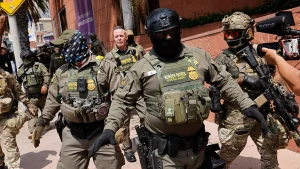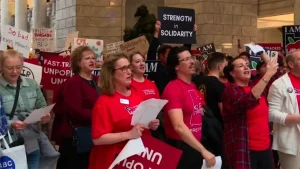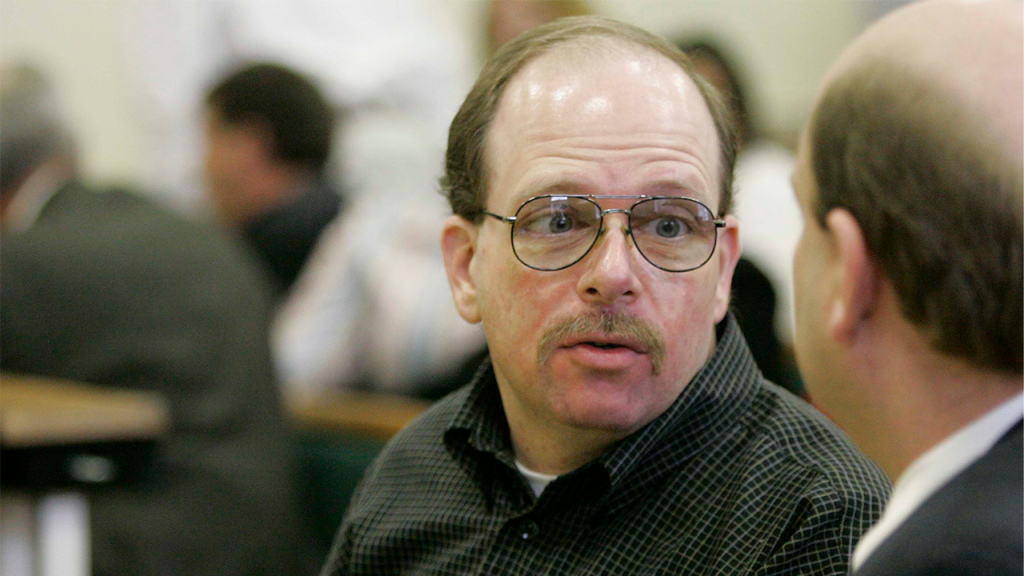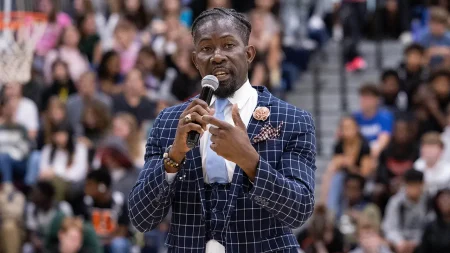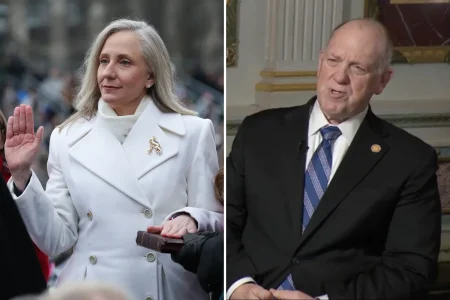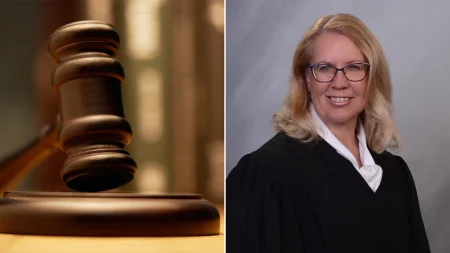South Carolina Court Rules on Death Row Inmate’s Mental Competency
In a significant legal development, a South Carolina judge has ruled that Steven Bixby, a 58-year-old death row inmate, is mentally competent to face execution for the 2003 killings of two police officers. Judge R. Scott Sprouse determined that Bixby’s controversial beliefs about the legal system—including his views that most laws are unconstitutional and citizens have an absolute right to defend their property with deadly force—do not render him mentally incompetent. This ruling comes after the state Supreme Court had temporarily halted Bixby’s scheduled May execution to evaluate whether his unusual legal perspectives interfered with his lawyers’ ability to defend him. Though Bixby has frequently disagreed with his legal team’s strategies and expressed distrust of their approaches, the judge found that he fundamentally understands their role and can choose whether to cooperate with them. The decision effectively clears the path for execution, though Bixby’s lawyers retain the option to appeal.
The case has drawn attention for Bixby’s peculiar legal assertions and behavior throughout the proceedings. In a recent handwritten motion to the court, Bixby claimed judges ruling against him are “guided by Satan” and suggested that failing to halt his execution and release him would constitute treason. His writings reveal his steadfast belief in his innocence, with declarations like “I am an innocent man!! Let freedom ring & let those committing treason swing!!!” A psychologist previously noted that while Bixby understands the reasons for his death sentence, he maintains bizarre beliefs, including that blood found on his clothes the night of the killings contains “the DNA of Jesus Christ.” Despite these unusual convictions, the court determined that his fundamental understanding of legal proceedings remains intact enough for the execution to proceed.
The crimes that landed Bixby on death row were particularly shocking to the South Carolina community. In December 2003, Bixby shot Abbeville County deputy Danny Wilson when the officer knocked on the door of his parents’ home, following threats the family had made against a road crew the previous day. According to investigators, Wilson’s dying body was dragged inside the home and restrained with his own handcuffs. When state Constable Donnie Ouzts responded to check on Wilson’s whereabouts, the Bixby family killed him as well. This initiated a dramatic 12-hour standoff during which hundreds of shots were exchanged between the family and law enforcement. Bixby’s parents were also charged with murder in connection with the incident but have since died. Throughout the years of legal proceedings, Bixby has maintained that his family was justified in killing Wilson because the deputy was “attempting to help take their land.”
The competency hearing last month featured competing expert testimonies about Bixby’s mental state. Defense attorneys argued that prison isolation had intensified Bixby’s delusional beliefs about the U.S. legal system, rendering him unable to share critical information that might help his case. They portrayed him as being trapped in a rigid mindset that prevents effective legal representation. Prosecutors countered by suggesting that Bixby’s beliefs, while unconventional, are shared by others who identify with sovereign citizen ideologies, and that he fully comprehends why the state seeks to execute him. Judge Sprouse appeared persuaded by testimony from state experts who have evaluated Bixby since shortly after the killings. These professionals testified that although Bixby firmly clings to his beliefs about the legal system’s illegitimacy, he understands their professional roles even when disagreeing with their conclusions about his mental state.
State experts further characterized Bixby as viewing himself as a martyr prepared to die for his beliefs if his appeals fail. The court noted that Bixby has expressed belief that he will reunite with his parents in heaven after his execution. Perhaps most tellingly, the psychiatrist who treats South Carolina’s death row inmates quoted Bixby as stating: “I’m not crazy. I’m not a mental health case. I may be an [expletive], but I’m not crazy.” This self-assessment, combined with observations that Bixby can articulate the charges against him and understand court proceedings, supported the judge’s conclusion that ideological disagreement with the legal system does not equate to mental incompetence. The distinction between holding fringe beliefs and being unable to comprehend legal proceedings became central to the court’s reasoning.
The ruling represents an important precedent in distinguishing between unusual political or legal beliefs and genuine mental incompetence that would prevent execution. Bixby had exhausted his regular appeals when the state Supreme Court temporarily halted his execution in March. With Judge Sprouse’s determination that Bixby meets the threshold for mental competency, the state can now proceed toward rescheduling his execution, pending any further appeals from his legal team. The case highlights the complex intersection of mental health evaluation, constitutional rights, and criminal justice in capital punishment cases. It also underscores the enduring tensions in American jurisprudence between respecting individual beliefs, however unconventional, while maintaining the integrity of the legal system that those same individuals may fundamentally reject.
